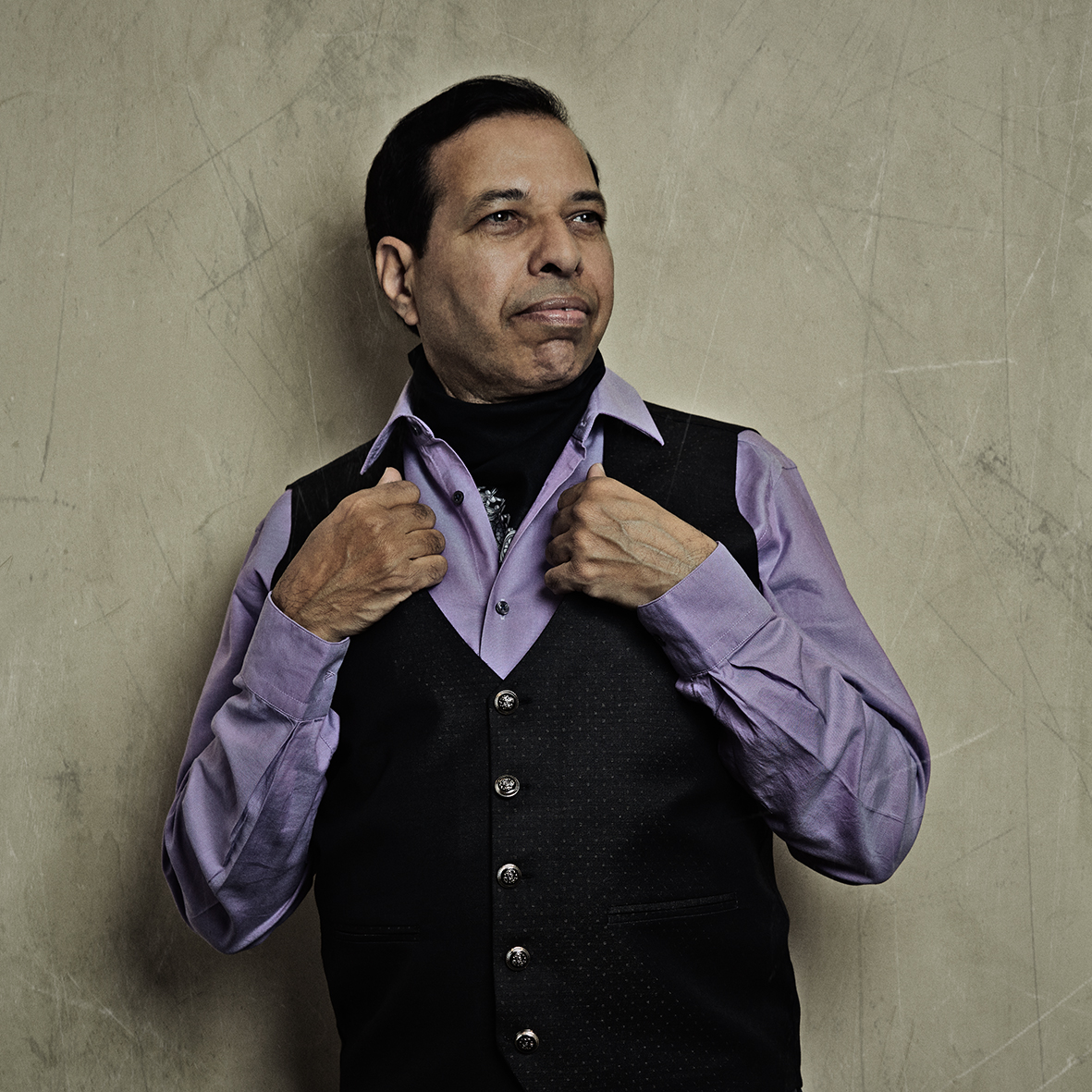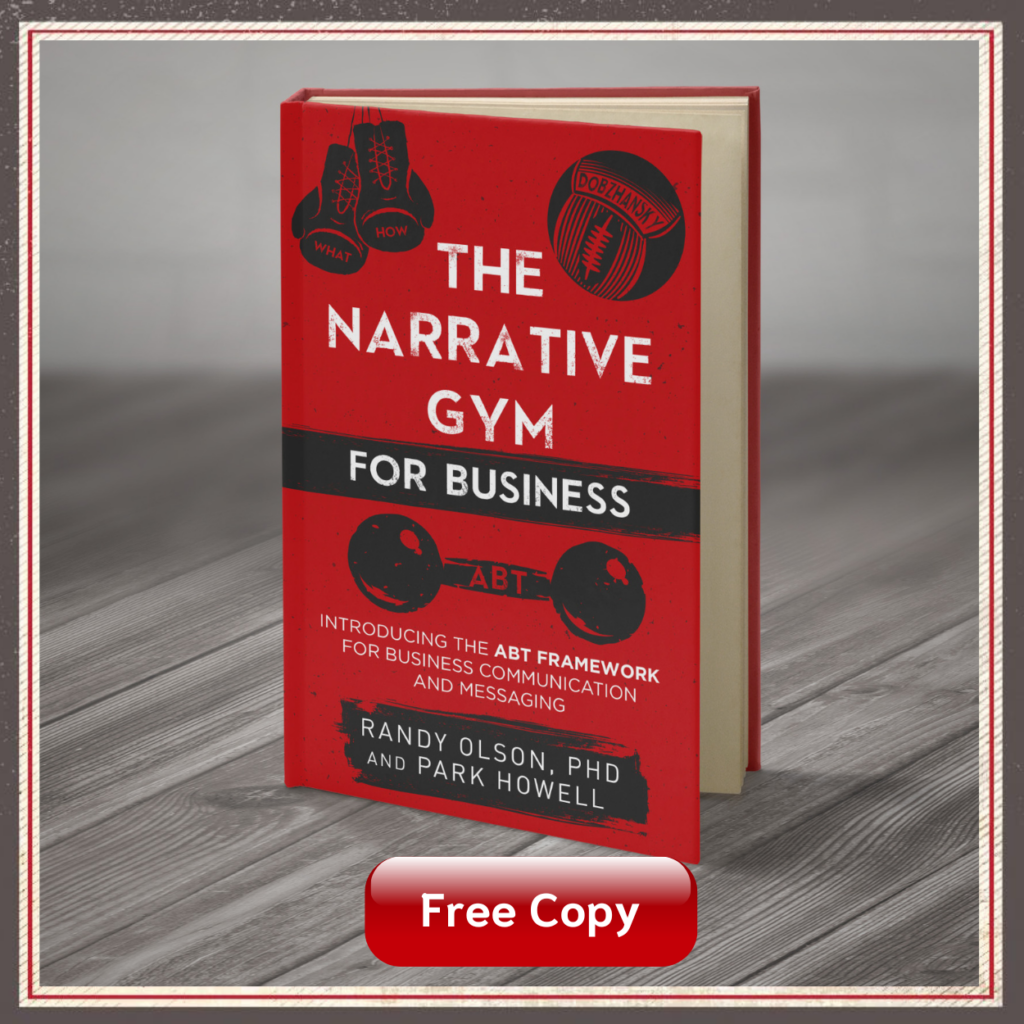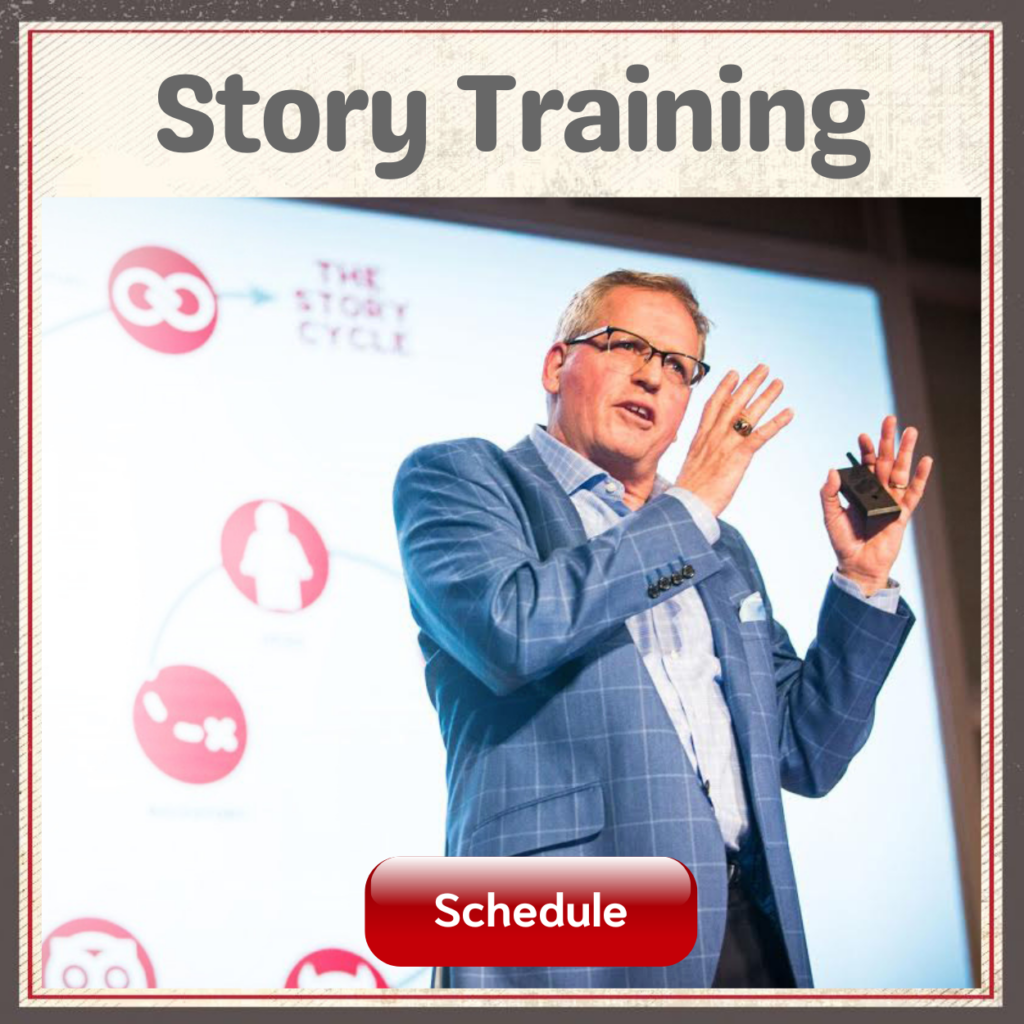![[Nick Woodward Shaw] Business of Story podcast](https://businessofstory.com/wp-content/uploads/2018/09/Nick_Twitter.png)
#163: How to Create Memorable Moments that Spark Brand Stories
40 years back, Forever Living was a scrappy startup operating from a garage. Today, it is a multi-billion dollar organization with a presence in 150 plus countries.
Their success can be attributed, in no small way to their genius brand storytelling prowess.
To develop a magnetic brand story, you need a firm focus on authenticity and selflessness. In this week’s show, Nick Woodward-Shaw, Vice President of Communications for Forever Living Products, Int’l, shares how you can create emotional experiences that affect lasting change for your customers, and how these special moments can help spark brand stories that spread like wildfire.
Nick shares how Rex, the founder, discovered the powers of Aloe Vera, which ultimately propelled Forever Living to the powerhouse that it is today.
Nick shares heartwarming anecdotes that eventually became powerful storytelling experiences – allowing Forever Living to transform into a magnetic brand. How did Nick manage to put up a mesmerizing brand experience on the beaches of Dubai at the famous Burj Al Arab? And, what was Nick’s methodology for compiling “40 Stories” – a book that captures the essence of Forever Living?

Gregg Maughan
“40 stories” details diverse and amazing stories about selflessness and giving. You will learn about the amazing Suzuki San and the tenacious Sunil Gupta. Nick also reveals the five elements of storytelling that he focused on while designing this book, and the power of persistence, of tenacity and of resolve.
Tune in to discover some great nuggets on how to design special moments that succeed in establishing a solid connection even with anonymous people.
In This Episode, You Will Learn
- The five elements of effective storytelling
- How to design special moments that spark captivating brand stories
- The importance of focusing on selflessness for authentic storytelling
Key Quotes
“If you have something in mind, stick to it. If something’s eating at you, don’t let go of it very easily.” –Nick Woodward-Shaw
“This is story marketing at its best. There is nothing in here about selling product. There is nothing in here about selling opportunity. It is about people sharing their real experiences about what this organization has meant to their lives and their family’s lives.” –Park Howell
“The specific connection I love is between the artist and the audience.” –Nick Woodward-Shaw
“It’s the moments that you create in other people’s lives that spark the stories that they tell about you and your brand. So make them special. Make them honest. Be authentic about it. And have fun.” –Park Howell
“When I’m designing an event, I think about the guy that sat in the middle row on his own, 6 rows back. I think about how he’s feeling, and I try and picture that person in my mind.” –Nick Woodward-Shaw
Mentioned In This Episode
- Forever Living Products, Int’l
- Nick Woodward-Shaw’s Instagram
- Nick Woodward-Shaw’s LinkedIn
- 40 Stories Book
- Forever Living Sunil Gupta Success Story
- Learning the Hard Way, the Sunil Gupta Story
Even a stray cat got a better meal than Sunil Gupta.
Sunil Gupta, India
Doing as you’re told by others is often much easier than doing what you believe is right. Never choose to placate outside voices to the detriment of your own passions; stand firm in pursuing what makes you happy and you’ll find a purpose bigger than yourself.
Even a stray cat got a better meal than Sunil Gupta.

Sunil had gone without food for two days, and the 21-year-old engineering student was scared and desperate. A neighbor taking part in a nearby festival saw him on the street and offered him something to eat, and a grateful Sunil closed his eyes in the Indian tradition of praying before a meal. When he opened his eyes his food was gone, snatched from right under his nose. The four-legged culprit was spotted yards away, but by that time it was too late. Sunil went to bed hungry again.
This was just one of the many hardships Sunil was putting himself through to earn his education. Getting a degree had always been a top priority for Sunil, but his family had other ideas when he was selected for a competitive electronic engineering diploma in 1981. They wanted him to stay close to their home in the small, northern Indian village of Bhandel and refused to allow him to study further.
That’s how Sunil ended up losing dinner to a cat on the streets of Chennai. With a belief in the power of education pulling at him stronger than even the bonds of family, Sunil ran away from his nearby undergrad university in Faridabad – by extension running away from home – and struck out over 2,000km by himself to finish his degree.
No matter what, Sunil was determined to lift himself up. His childhood was far from perfect – his tiny village didn’t have paved roads, electricity or water, let alone modern amenities. Whatever school opportunities he did find he had to self-support by working small jobs.
One observation kept entering Sunil’s mind as he navigated his twisting and turning path to completing his studies: Getting an education should not be this hard. Children shouldn’t have to run away from home, or go days without eating, or move from university to university to pursue their passions. And yet, millions of young people faced these realities every day. He earned his final degree in 1986 not knowing how to solve the education access problem in his country, but he knew that if he ever had the means to do it he surely would try.
Getting a degree was tough. Putting it to use in the business world was a whole new experience in hardship. After working a few years at the junior level of a traditional IT firm, Sunil moved to Delhi and started his own computer parts supply company in 1990. It was a disaster from the get-go, with partnership problems and customer losses plunging Sunil’s company into massive debt.
Even as he wrestled with his own difficulties, Sunil found joy in helping children whose struggles to get an education mirrored his own. Around the same time he started his computer company, Sunil visited a local institute for disabled, underprivileged and orphaned children with the Lions Club of Delhi. There he met a 12-year-old boy who was struggling to walk and Sunil asked how he could improve the child’s quality of life. The institute gave him the opportunity to become an anonymous donor for the boy’s school expenses and Sunil jumped at the chance. Because, of course, getting an education should not be this hard.
The experience was profound for Sunil but his situation made it impossible to help more children in similar circumstances. By 1999 he was at a major loss both financially and emotionally and didn’t know where to turn. Desperate once again, he traveled to Taiwan for a new product expo in the hopes he could find something worth bringing back to India to trade in and recover his debts.
What he found instead were representatives from Forever Living who invited Sunil to the Taiwan office to tell him all about the opportunity. Even though the first Forever India office was to be located in Mumbai and wasn’t scheduled to open until later that year, Sunil joined the company.
In 2001, Forever opened a new office in Delhi and Sunil’s business took off. He became successful enough to pay his creditors and get out of debt and, a few years later, bought a home in the upper-class Pitampura neighborhood northwest of Delhi.
With newfound wealth came a rekindled passion for providing the fundamental right of education to the youth of India. On his commute from the Delhi office to his new home, Sunil passed a slum school in a place called Juggi Jhopdi colony. The school was running out of a local outdoor municipal park and children were forced to learn while exposed to the elements. Sunil provided financial aid and worked with administrators to move the school into a properly shaded location in the area.
The school in the park was just one of many examples of the tireless work Sunil was doing. If there was a small school in the Delhi area in need of assistance, it could count on Sunil Gupta. He used his Forever income to personally donate to over 100 schools so children in poor and rural outskirts could have the opportunity to get an education without having to fight so hard for it.
His philanthropic contributions extended further into the Delhi community with a local yoga club that now has over 500 centers across India. He’s also served as president of the Lions Club International and worked with a foundation that helps underprivileged populations have better access to organ donations.
In 2013 an organization called Bharat Lok Shiksha Parishad took notice of what Sunil was doing for education on a regional scale and asked if he wanted to make an even bigger impact. BLSP helps run over 55,000 schools across India, and their mission is perfectly aligned with Sunil’s: Getting an education should not be this hard. Sunil and his team now manage over 2,000 schools in northern India, helping 60,000 children each year have a better chance at life.
From the moment he ran away from home, Sunil took up the cause for better education on behalf of himself and every student in a similar situation. Forever pulled him up from the ashes so he could help others rise to a higher place in life, and the feeling he gets from visiting a school is one of nearly indescribable satisfaction.
Getting an education should not be this hard. And now, thanks to Sunil, it isn’t.
 Listen To More Episodes
Listen To More Episodes









